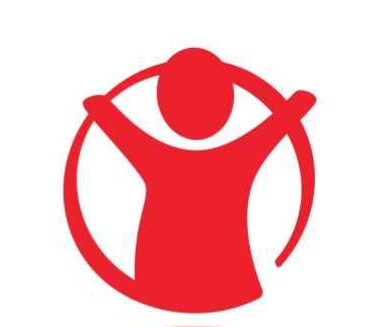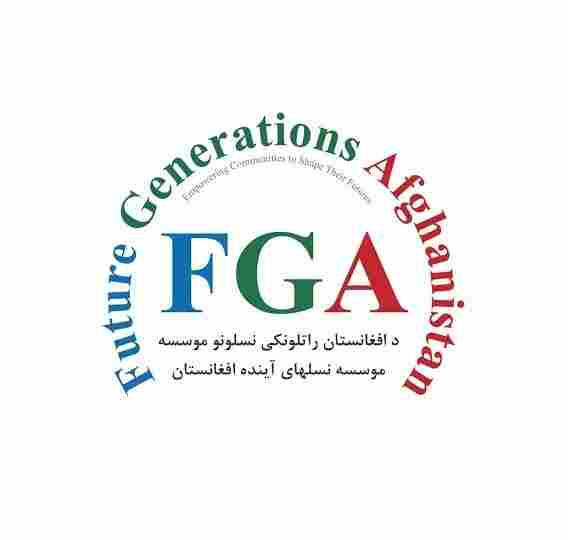The EORE Consultant will provide technical expertise, guidance, and support for the design, implementation, and monitoring of Explosive Ordnance Risk Education (EORE) activities. The consultant will work closely with program teams, partners, and relevant stakeholders to ensure that EORE interventions are context-appropriate, aligned with International Mine Action Standards (IMAS), and responsive to the needs of affected communities.
Key responsibilities include developing training materials and methodologies, building the capacity of field staff, supporting community engagement strategies, and ensuring the integration of gender, age, and diversity considerations into EORE activities.
Specific duties and responsibilities:
Technical Guidance & Strategy
- Provide technical expertise in the design, planning, and implementation of EORE activities in line with International Mine Action Standards (IMAS) and organizational policies.
- Support the development and adaptation of EORE strategies, methodologies, and tools tailored to the local context and target groups.
- Ensure that gender, age, disability, and diversity considerations are integrated into all EORE interventions.
Capacity Building & Training
- Develop and deliver training modules, guidelines, and materials for staff, partners, community facilitators, and relevant stakeholders.
- Provide ongoing mentoring, coaching, and capacity strengthening to ensure quality delivery of EORE sessions.
- Support the development of EORE SOPs for WCC.
Community Engagement & Outreach
- Facilitate participatory approaches for risk education that involve community leaders, youth, women, persons with disabilities, and other at-risk groups.
- Ensure culturally appropriate communication methods are used (e.g., community dialogues, media campaigns, IEC materials).
- Strengthening linkages between EORE, victim assistance, and broader protection programming.
Monitoring, Evaluation, and Reporting
- Support the development of monitoring and evaluation tools to measure the effectiveness and impact of EORE activities.
- Conduct regular field visits to assess the quality of EORE implementation and provide recommendations for improvement.
- Prepare technical reports, lessons learned, and best practice documentation to inform programming and donor reporting.
Coordination & Representation
- Represent the organization in EORE coordination forums, mine action working groups, and with national authorities.
- Ensure effective collaboration and information sharing with relevant stakeholders, including government entities, UN agencies, and humanitarian partners.
- Advocate for the integration of EORE into broader humanitarian and development initiatives.
Quality Assurance & Compliance
- Ensure EORE activities comply with safety standards, organizational policies, donor requirements, and international best practices.
- Review and validate EORE materials, messages, and tools for technical accuracy and appropriateness.
- Support the mainstreaming of protection principles, including safeguarding and “Do No Harm” approaches, in all EORE interventions.






